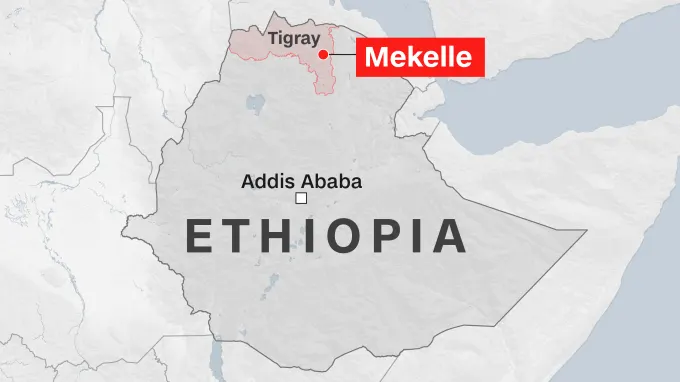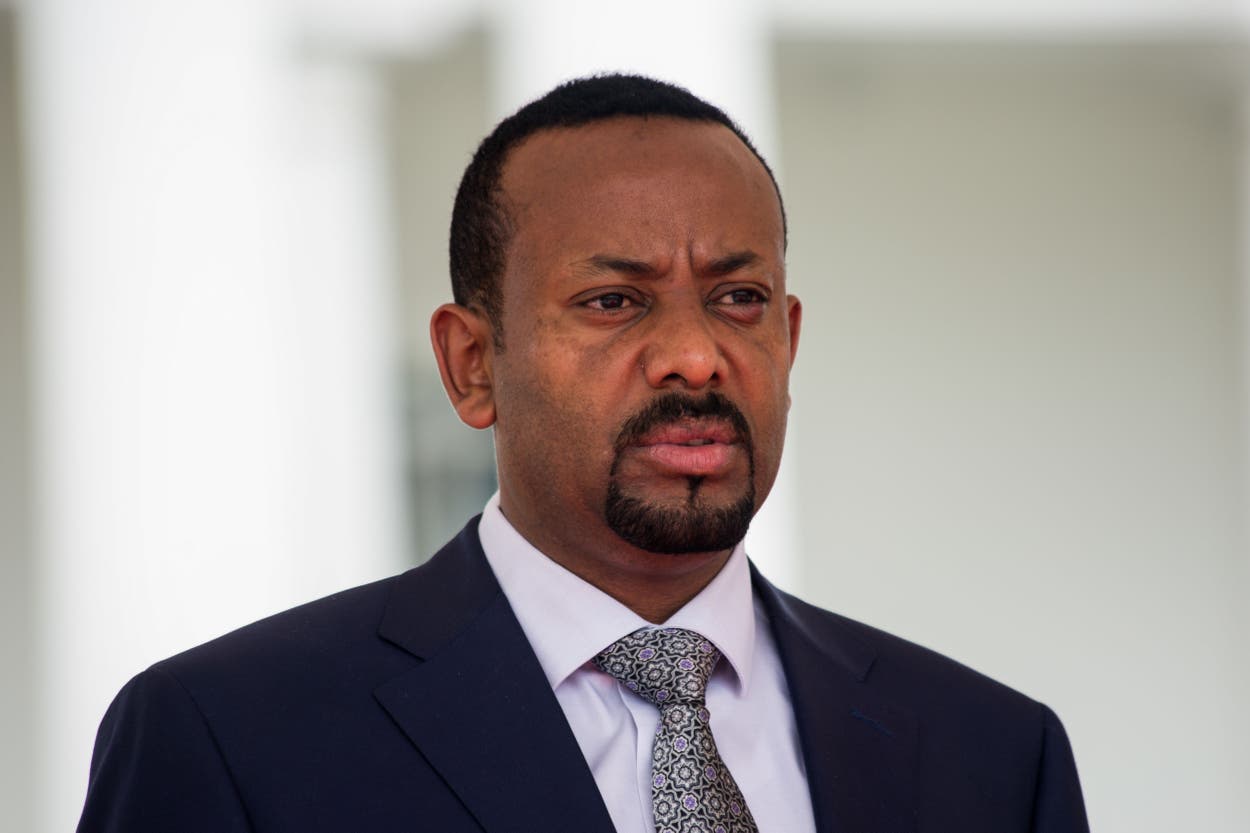By TESFA-ALEM TEKLE
A new report released Monday by Amnesty International has raised international alarm over the rising number of foreign nationals, including Ethiopians, executed in Saudi Arabia, primarily for drug-related offences.
According to the human rights organization, the Gulf kingdom has reached a record high in the number of executions of foreign nationals in the past year.
The majority of those executed were charged with non-violent drug crimes—raising questions about fairness in the legal process and the treatment of migrant workers in the Kingdom.
“Saudi Arabia has intensified its use of the death penalty, disproportionately targeting foreign nationals, particularly from countries like Ethiopia, Pakistan, and Nigeria,” said Amnesty International in its report.
“Many of these individuals face deeply flawed legal proceedings and often lack access to proper legal representation or interpreters.”
Systemic Disadvantages and Lack of Due Process
Amnesty’s findings indicate that many foreign workers caught up in the Saudi criminal justice system face systemic disadvantages from the outset.
Language barriers, denial of consular access, and forced confessions extracted under duress are among the issues cited.
In several documented cases, Ethiopians were executed without their families being notified, and their bodies were never returned, Amnesty said.
“These executions take place in secrecy, and many of the victims’ families only learn of their loved ones’ fate after the fact—if at all,” the report noted.
The Saudi government has historically defended its judicial system, asserting that it applies due process and upholds justice according to Islamic law.
However, rights groups argue that the application of the death penalty for non-violent offences such as drug possession contradicts evolving international legal standards.
Ethiopia and the International Response
The Ethiopian government has not issued an official response to the report at the time of writing. However, activists and diaspora communities have expressed outrage and called for urgent diplomatic engagement.
“We are seeing an alarming pattern where our citizens are being used as scapegoats for broader social issues within Saudi Arabia,” said an Ethiopian human rights advocate based in Europe.
“The silence from our government is unacceptable.”
International human rights organizations have long criticized Saudi Arabia for its extensive use of capital punishment.
In 2023 alone, the Kingdom executed over 170 individuals, with nearly 60 percent being foreign nationals, Amnesty reported.
Call for Action
Amnesty International is calling on Saudi Arabia to impose a moratorium on the death penalty, especially for non-violent drug offences, and to review all cases involving foreign nationals.
The organization is also urging labor-exporting countries like Ethiopia to strengthen protections for their citizens working abroad.
“Executions for drug-related offences violate international law, which prohibits the use of the death penalty for crimes that do not meet the threshold of ‘most serious crimes,’” Amnesty stated.
The report comes amid growing international scrutiny of Saudi Arabia’s human rights record, even as the Kingdom continues to pursue ambitious modernization efforts under its Vision 2030 reform plan.



